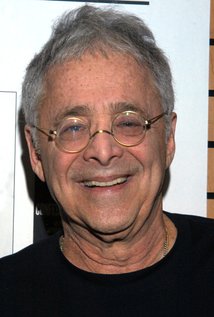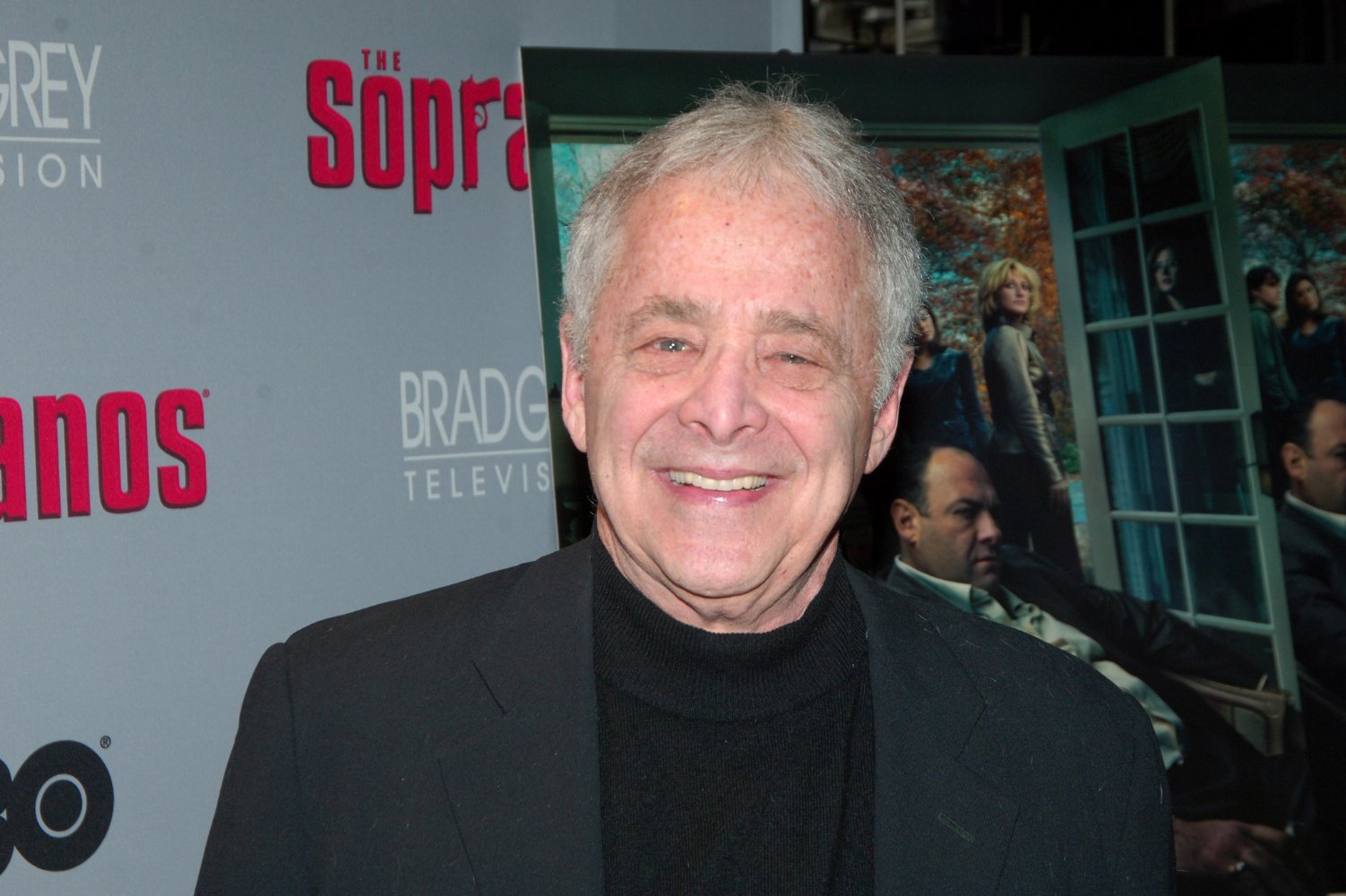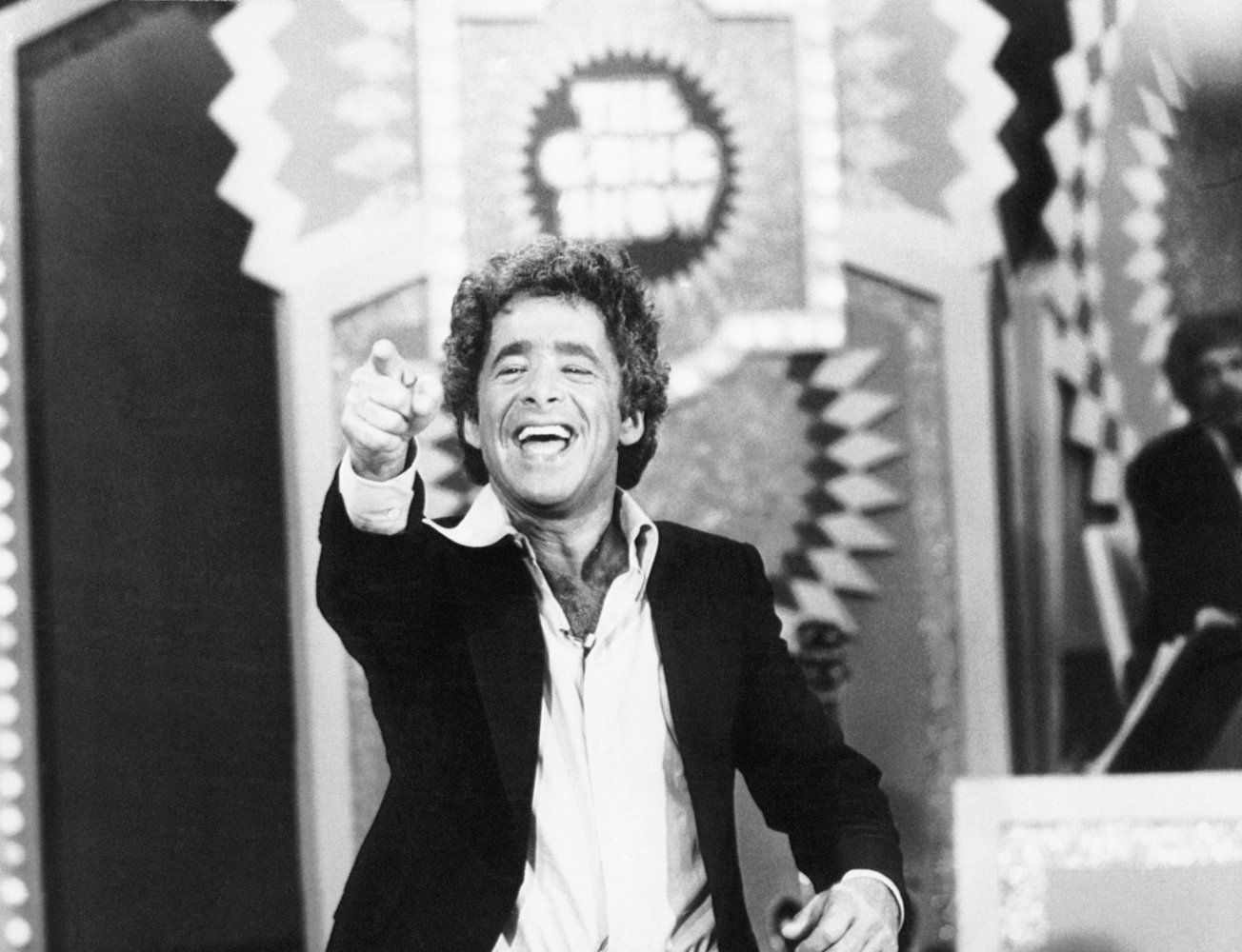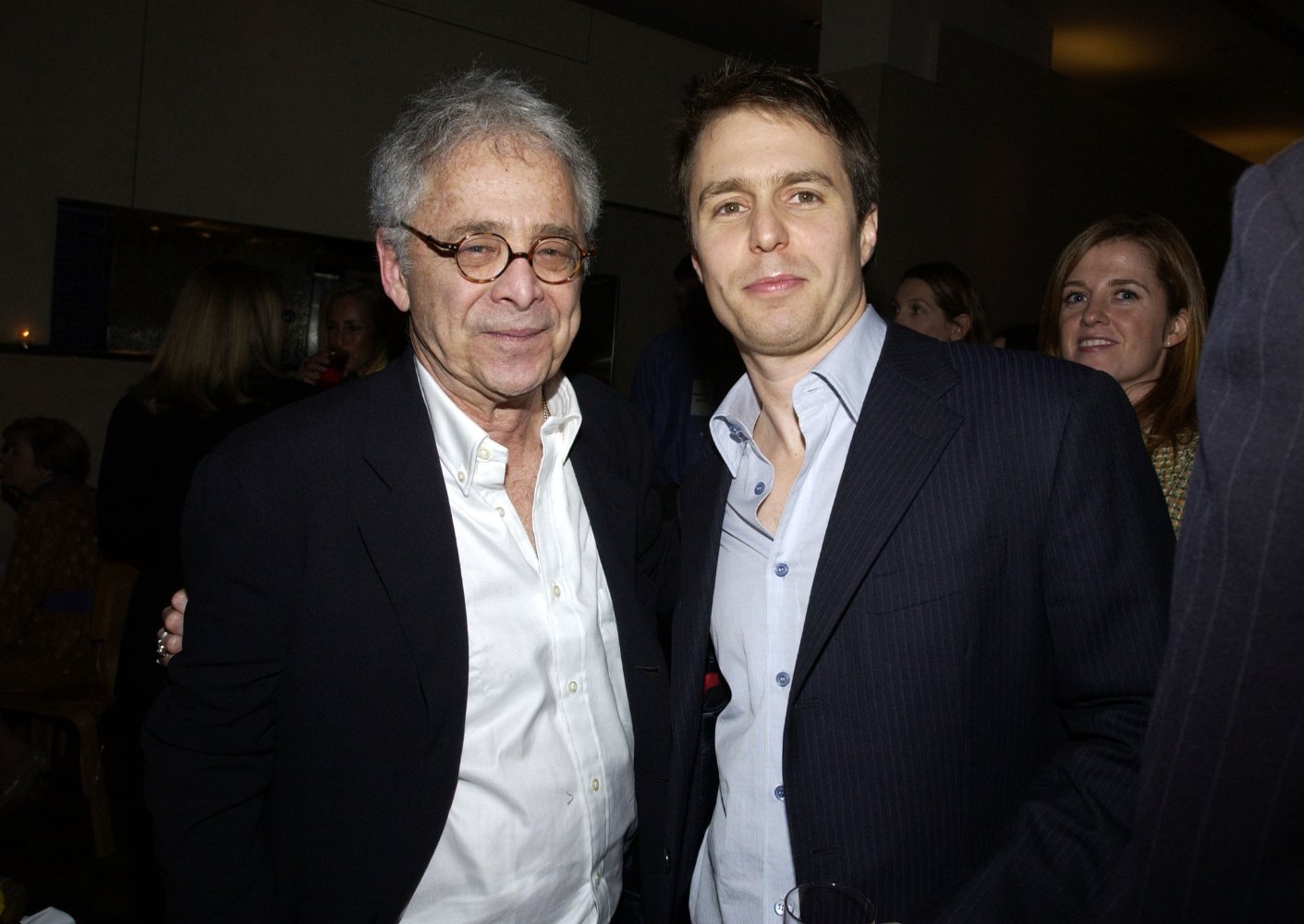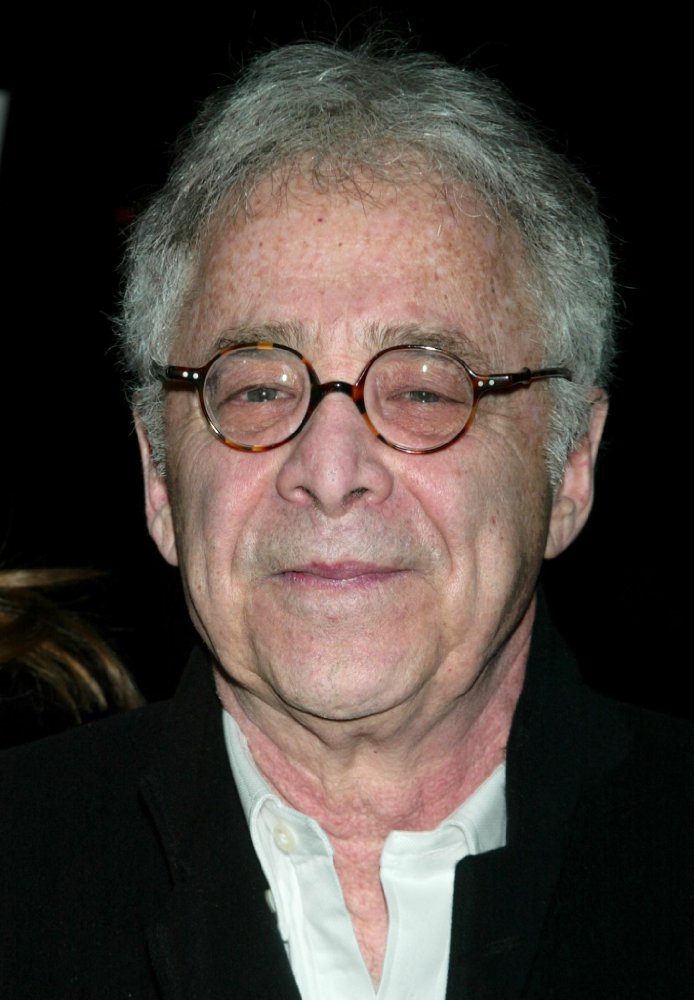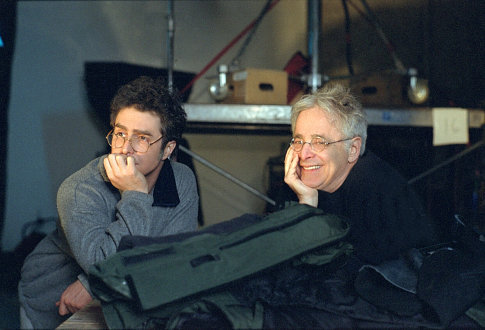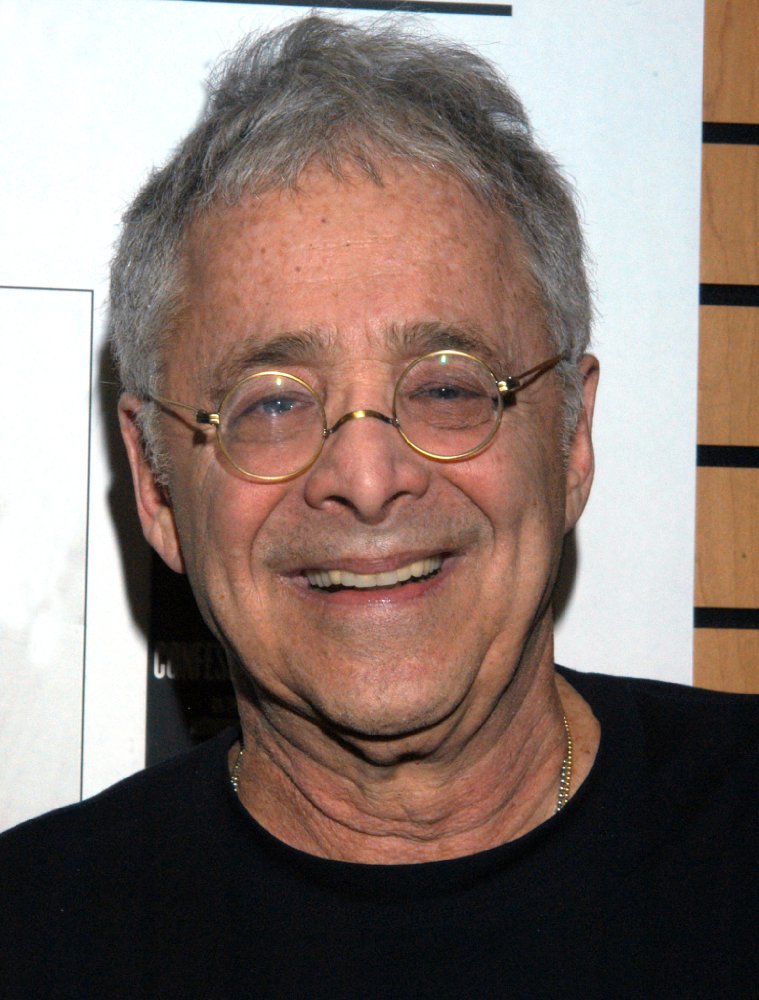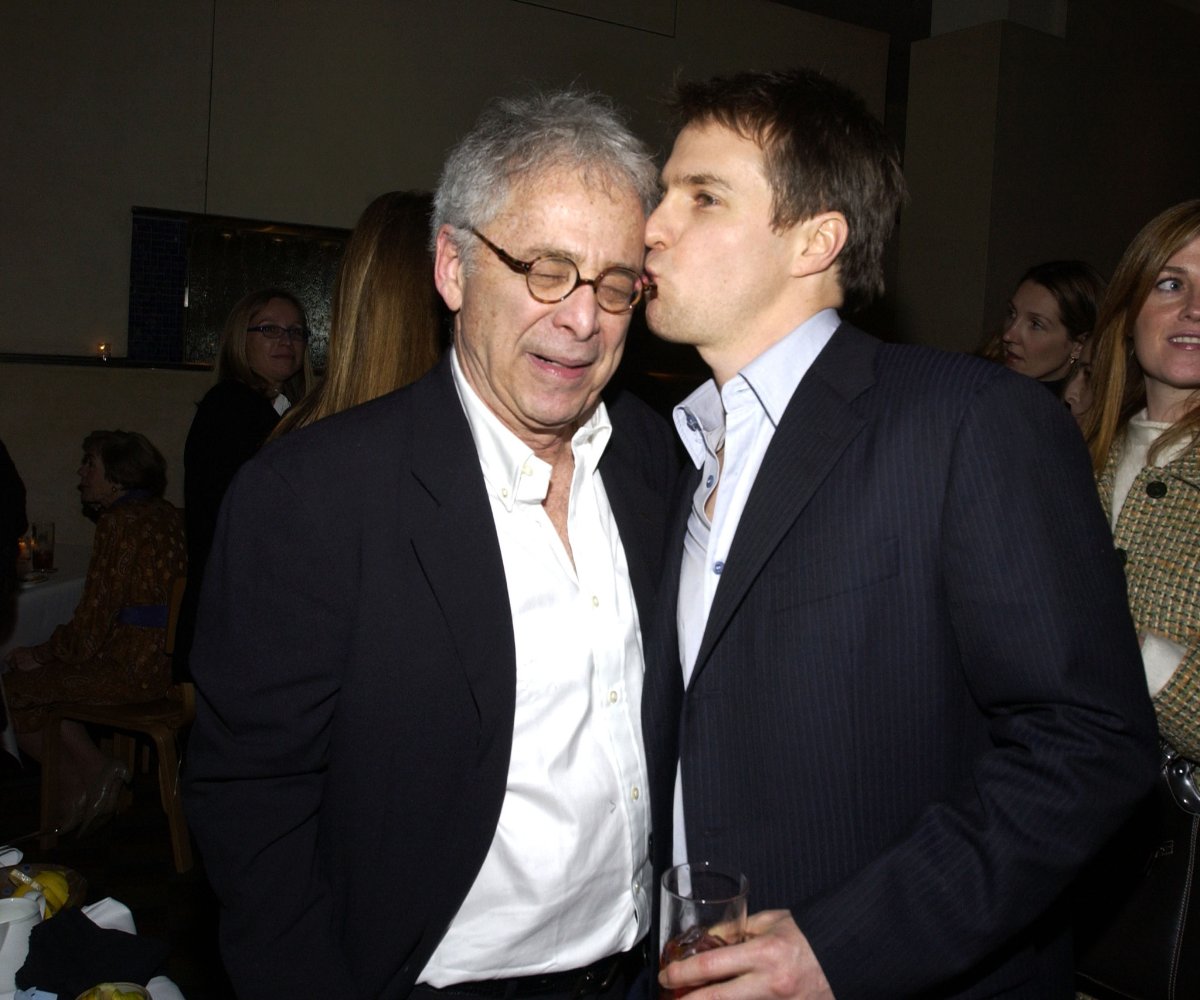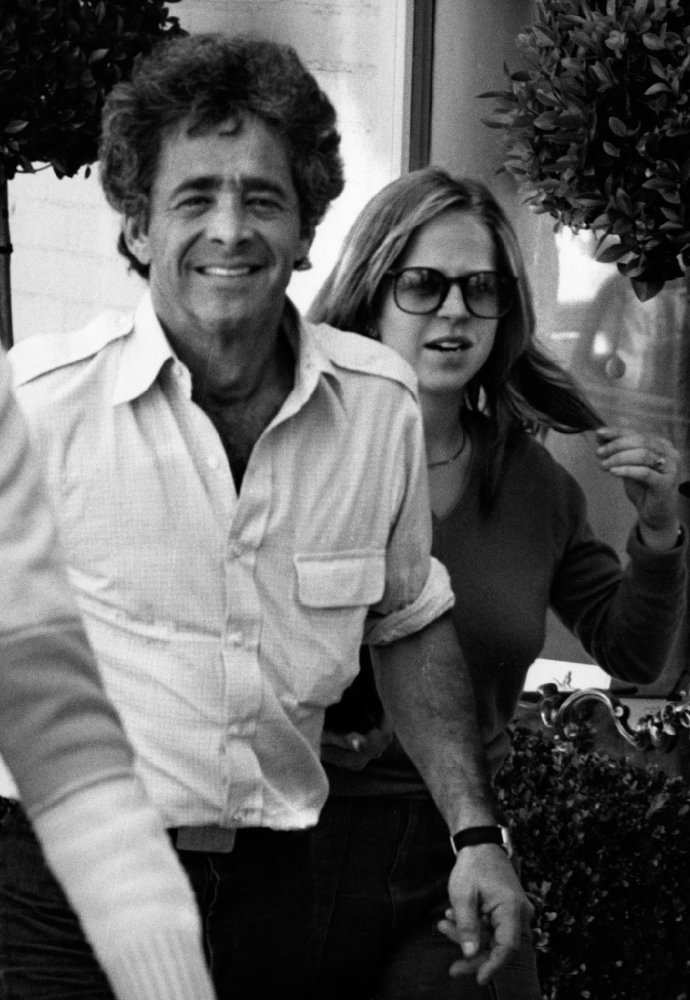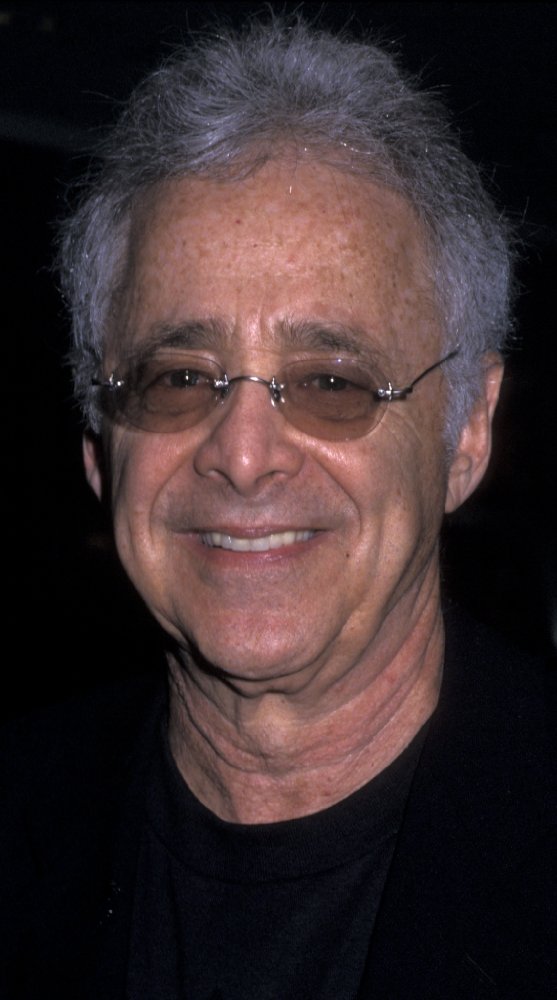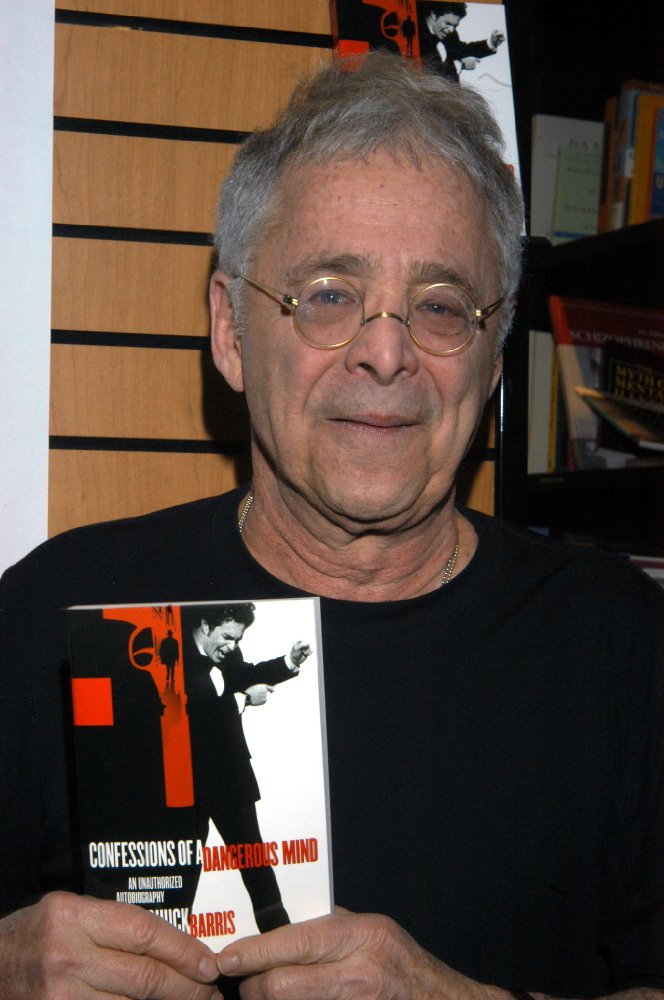[Of Dick Clark]: It was at the time of the payola scandals, where these station guys were taking money to play records. It was a big scandal, and a lot of station guys were fired. On the network, they had just gone through the quiz-show scandals, so after that, they didn't want another scandal. Dick Clark had American Bandstand, and that was a big show. One play on American Bandstand was worth 20,000 in sales, was the way they used to figure it in those days. So he was highly susceptible to having payola. At the same time, there was a guy, [legendary DJ Alan] Freed, who was on an ABC-affiliated station in New York. He had a big record program, and he billed $200,000 a year. Dick Clark was billing $2 million a year. Once again, in those days that was big, big money. ABC fired Freed. They gave him over to the lions, and they kept Clark. They were going to have to go down to the FCC and testify as to why Clark was not guilty of any misdemeanors. So they got called, and I was out of work at the time-I had just come down to see if they had anything available for a former NBC management-training-program guy-so they said "Yep, here," and gave me a suit, because I didn't have a suit and they wanted me to look like an executive. They brought me down to Philadelphia and introduced me to Dick Clark and said I had to watch him until he went to Washington, and they expected him to go to Washington any week, so I was there on a week-to-week basis. You figure it out. What was there to watch? I worked from 10 to 6. Then I'd get on the train, and I always thought, "Well, whatever he does, he could be doing it from 6 p.m. to when I get back to work." But I never suggested anything like that, because I needed the job. Actually, he did finally go to Washington after about a year, and was cleared automatically. I think by that time the scandal had blown away. And I got a permanent job in the programming department, which really started me off with game shows.
Show less « 
